Global health is an area for study, research, and practice that places a priority on improving health and achieving equity in health for all people worldwide. A healthier global community translates into a healthier community locally.
The mission of the multispecialty MedStar Global Health Equity Track is to shape the future leaders of healthcare with an understanding of the underlying principles that influence health equity in the international landscape, including historical, racial, social, cultural, environmental, economic, and political forces. Residents and fellows graduating from the track will be able to partner with populations in a variety of settings to advance the goal of global health equity.
Global health equity themes are explored in regularly scheduled multispecialty educational sessions. Residents and fellows learn advocacy skills during an annual Advocacy Day in Washington DC, where they discuss global health policy with members of Congress. At least one global health rotation is participated in during the track, and a capstone presentation is given at the track’s completion. Close faculty mentorship is given throughout the two-year track. Additional opportunities such as forensic evaluation training for asylum seekers and trafficking victims are available.

Applications will be accepted each winter for the upcoming academic year. Residents and fellows must apply with at least two years left in their residency or fellowship, so that they can complete the two-year track. Residents and fellows must be in good academic standing and obtain approval from their program director in order to apply. The application link will open below in late Fall/early Winter. Please reach out to healthequity.academics@medstar.net for any inquiries regarding the track.
Below please find a sample of topics covered during the two-year educational curriculum:
History of Global Health & the Globalization of Healthcare
Global Health Ethics
Decolonizing Global Health
Evolving Architecture for Global Health Governance of Disease
Understanding Global Health Players and Financing
Global Health Law, Policy & Politics
Infrastructure & Capacity Strengthening in Global Health
Medical Education in Global Health
Global Health Research
Global Burden of Disease
Climate Change & Health
Global Mental Health
Global Critical Care
Global Health Surgery Programs
Global Women’s Health
Refugee & Asylee Health
Human Trafficking
Community Health Workers
Pandemics: HIV & COVID-19
Tropical Diseases Workshop
Indian Health Services
Special Populations
Conducting a Needs Assessment
Establishing and Evaluating Global Health Partnerships
Pre-Departure Preparation
Professional Practice: Careers in Global Health
Residents and fellows in the Global Health Equity Track will participate in at least one 4-week global heath rotation through one of our global health partners. Local, domestic, and international opportunities are available. These global health partnerships are longitudinal and reciprocal collaborations, enhancing cultural and academic exchange. MedStar Health-Georgetown University Graduate Medical Education is proud to host learners and faculty from our global health partnership sites, extending the global exchange of ideas to include our own clinical and educational settings.
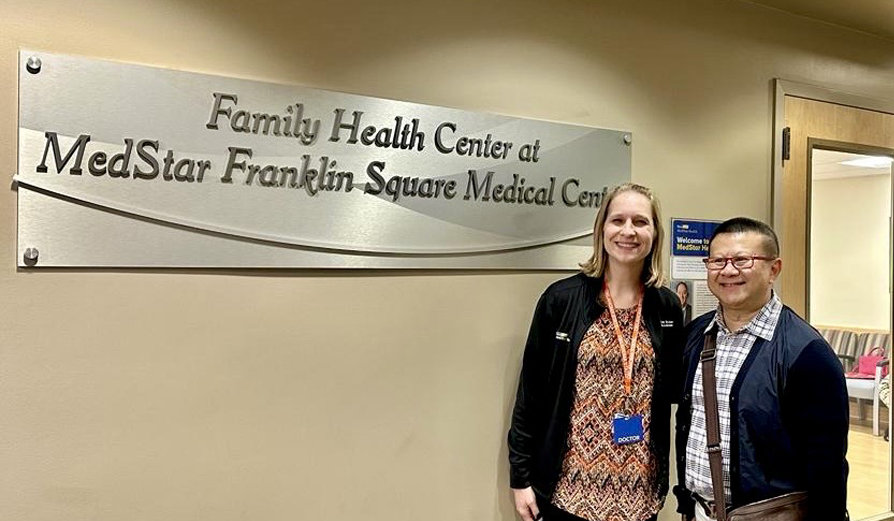

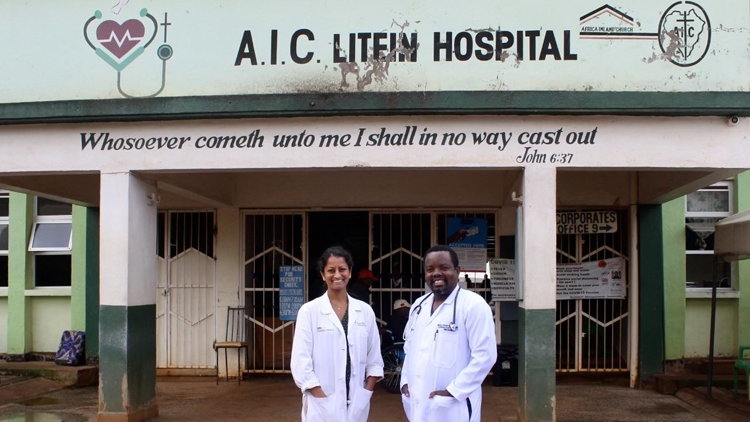
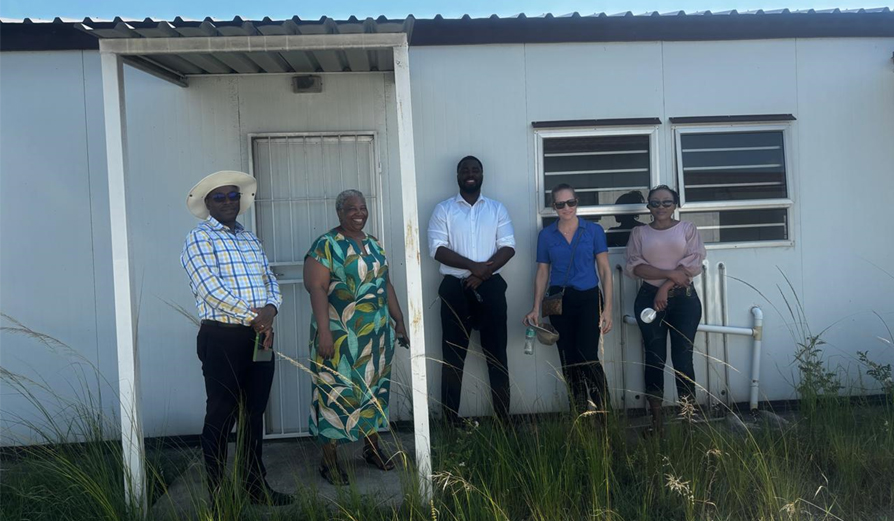
Global Health Equity Track residents and fellows meet with elected members of Congress annually to advocate for legislation on a variety of global health and health equity issues. Track participants gain valuable advocacy skills and an understanding of how policy affects health locally, nationally, and globally.
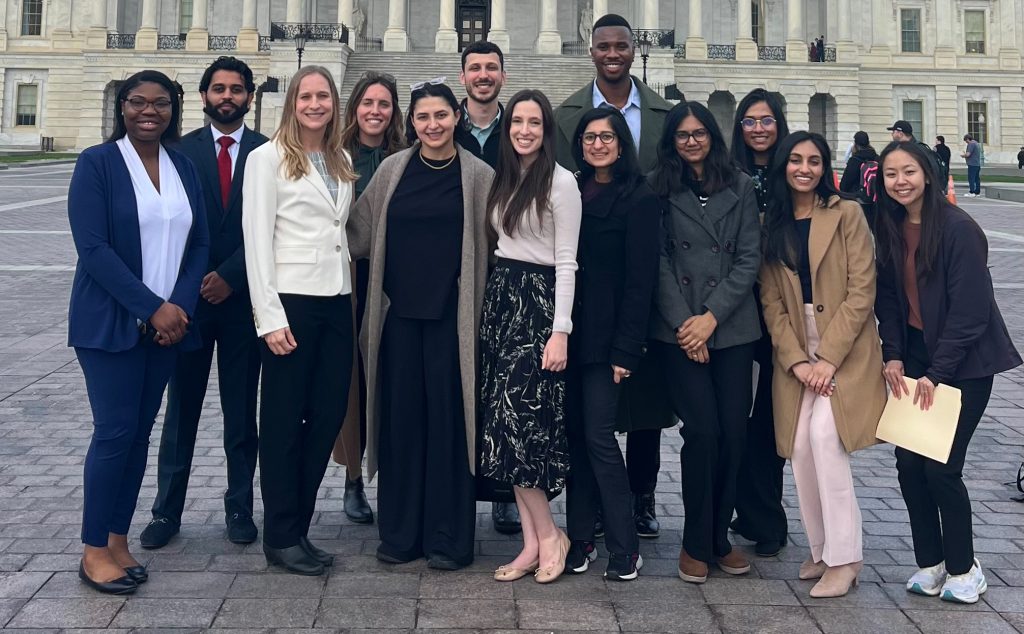
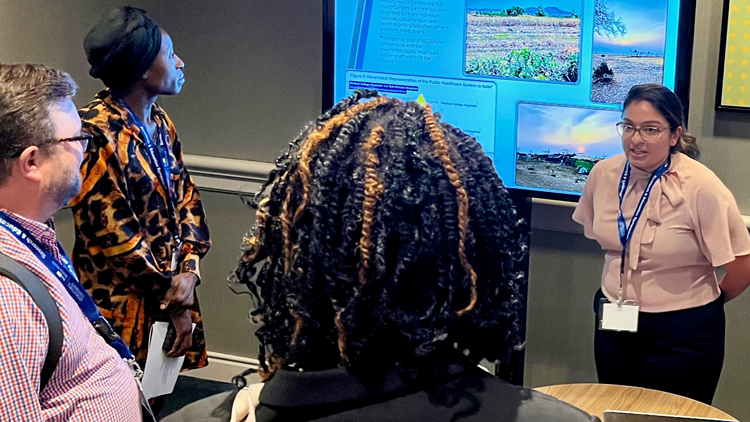
The track culminates at the end of 2 years with a capstone presentation at the Medstar Health-Georgetown University Research & Education Symposium.
With faculty mentorship, track participants develop scholarly activity in the field of global health equity. This can be designed through multiple avenues, whether through collaborative research, healthcare infrastructure development, curriculum design, or other academic collaboration.
Global Health Equity Track residents and fellows include their community partners in their presentations in shared achievement and celebration of these collaborations.

The MedStar Health-Georgetown University Global Health Equity Track is a two-year, multispecialty track that trains future physician leaders to address global disparities and promote health equity worldwide.
Read More
“Completing the Global Health Equity Track has been one of the most transformative experiences of my medical training. It expanded my understanding of medicine—pushing me to think beyond individual patients and consider the broader systems, policies, and inequities that influence health outcomes globally. One of the most meaningful parts of this journey was working on an international collaboration in Jordan to advance infection prevention and antimicrobial stewardship. Partnering with the King Hussein Cancer Center, the Ministry of Health, WHO, and the Jordan CDC, we developed a sustainable model to address antibiotic resistance—an effort that deepened my appreciation for cross-border partnerships and locally driven solutions. The track fundamentally changed the way I practice medicine—bringing cultural humility, systemic awareness, and a sense of responsibility to every patient interaction. It empowered me to grow not only as a physician, but also as a leader and advocate. I am proud to be part of a community committed to building a more just and equitable world.”

“I really enjoyed being a part of the Global Health Equity Track during my fellowship training! It was truly a privilege to hear from multidisciplinary local and global experts in law, policy, and so much more, and discuss core topics in the fields of global health and equity with a diverse, excited group! My 4-week international elective in Litein, Kenya was an incredible experience, as I witnessed firsthand the practice of internal medicine and critical care in a resource-limited setting. As an infectious disease physician interested in global health and human rights, I highly recommend this track!”
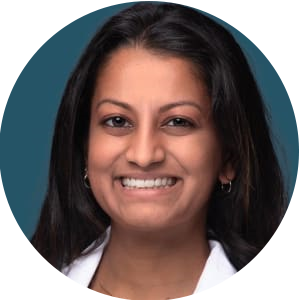
Click here to learn more about Graduate Medical Education’s commitment to Global Health and track leadership.
Spanish language proficiency is required in this active observer role, where you will present patients and round with the inpatient team. There are opportunities to rotate in the Columbia Institute of Tropical Medicine laboratory and rotate with a regional Infectious Disease expert.
No language requirement is in place for this opportunity that is primarily observational. Rotations are primarily done in Infectious Disease or Dermatology, with others possible upon request. Rounds are done in English or translated for you. There is the opportunity to rotate in the rabies clinic.
No language requirement for this experience that has the opportunity for research, project development, and clinical work. Rotations can be customized to meet resident and local community needs.
No language requirement for this rotation that may be observational or clinical if temporary licensure is acquired in advance. Residents will have access to inpatient, outpatient, and teaching experiences.
Other sites may be approved for a one-time experience in certain cases. There may be department-specific opportunities that are not listed here. Please complete the International Rotation Application link above to apply.
No language requirement for this high-quality clinical experience in the Navajo Nation. Experiences vary based on specialty and clinical site. Housing may be provided.
US Asylum Seekers are brought from the Mexican border by Department of Homeland Security to this shelter and clinic where 24-7 stabilization care is provided on the San Diego side of the US-Mexico border. Acute and Chronic medical issues are addressed for adults and children of all ages, including pregnant women.
No language requirement for this local opportunity in the District of Columbia. At this clinical rotation site, residents gain experience in a variety of infectious diseases in a diverse patient population.
No language requirement for this Baltimore-based clinic providing free, comprehensive healthcare to a diverse, uninsured population. At this clinical rotation site, residents gain first-hand experience providing care to patients with limited access and resources.
The goal of these rotations is to enter into longitudinal bidirectional relationships with communities to develop partnerships that are beneficial to all parties while acknowledging the burden of short-term learners in a low-resource environment. Both domestic and international sites are available. Experienced faculty continually evaluate rotation opportunities in regard to community needs, educational opportunity, safety, and supervision. Emergency medical and evacuation insurance will be mandatory for international sites and recommended through one of the following: AXA Assistance USA, HTH Worldwide, and Seven Corners. Residents will observe or practice medicine internationally within the same scope as they do in the United States and with the appropriate level of supervision. At this time, funding for international rotations is determined by the department within which the resident works.
Global Health faculty are happy to connect you with our Domestic site opportunities. International rotation requests should be submitted via application link below 3 months prior to requested travel. Please note that new sites are subject to approval and will require application up to 6 months in advance. The development of new longitudinal, bidirectional sites is preferred over one-time experiences. Once the application is received, you will be contacted regarding next steps, which will vary depending on the site.
